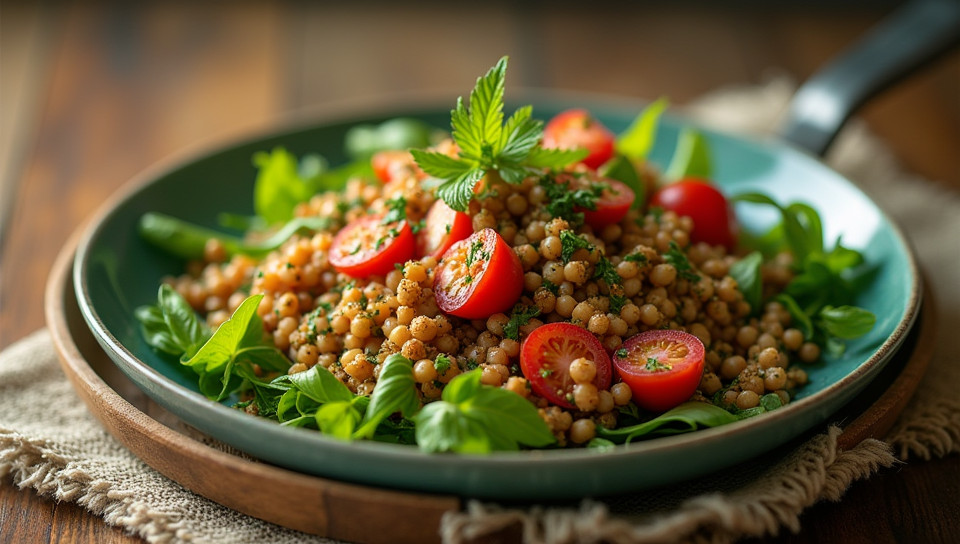The term "plant-based" does not necessarily mean vegan always 94%

The Flexibility of Plant-Based Diets
In recent years, the term "plant-based" has become increasingly popular in the health and wellness space. It's often used to describe diets that focus on whole, minimally processed foods derived from plants, such as fruits, vegetables, whole grains, legumes, nuts, and seeds. While many people assume that a plant-based diet is automatically vegan, this isn't always the case.
The Evolution of Plant-Based Diets
The term "plant-based" has its roots in the early 20th century, when it was used to describe diets that focused on whole, minimally processed foods. However, over time, the definition has expanded to include a wide range of dietary approaches. Some people use the term to describe vegetarian or vegan diets, while others may use it to describe flexitarian or reducetarian diets.
What Does Plant-Based Really Mean?
So, what does "plant-based" really mean? At its core, a plant-based diet is focused on whole, minimally processed foods derived from plants. This can include:
- Fruits
- Vegetables
- Whole grains
- Legumes (such as beans and lentils)
- Nuts and seeds
- Herbs and spices
The Gray Area: Flexitarian and Reducetarian Diets
While some people may assume that a plant-based diet is automatically vegan, there are many gray areas. For example, flexitarian diets focus on mostly plant-based eating, but also allow for occasional consumption of meat and other animal products. Reducetarian diets take it a step further, encouraging individuals to reduce their overall consumption of animal products.
The Importance of Understanding Plant-Based Diets
Understanding the nuances of plant-based diets is important for several reasons. First, it can help to avoid confusion and misinformation about different dietary approaches. Second, it can provide individuals with more options when it comes to making informed choices about their health and well-being.
Conclusion
In conclusion, while many people assume that a plant-based diet is automatically vegan, this isn't always the case. By understanding the flexibility of plant-based diets, we can better appreciate the nuances of different dietary approaches and make more informed choices about our health and well-being. Whether you're vegan, flexitarian, or somewhere in between, embracing the diversity of plant-based diets can have a profound impact on your overall health and happiness.
- Created by: Rei Saitō
- Created at: Aug. 20, 2024, 11:14 p.m.
- ID: 7888

